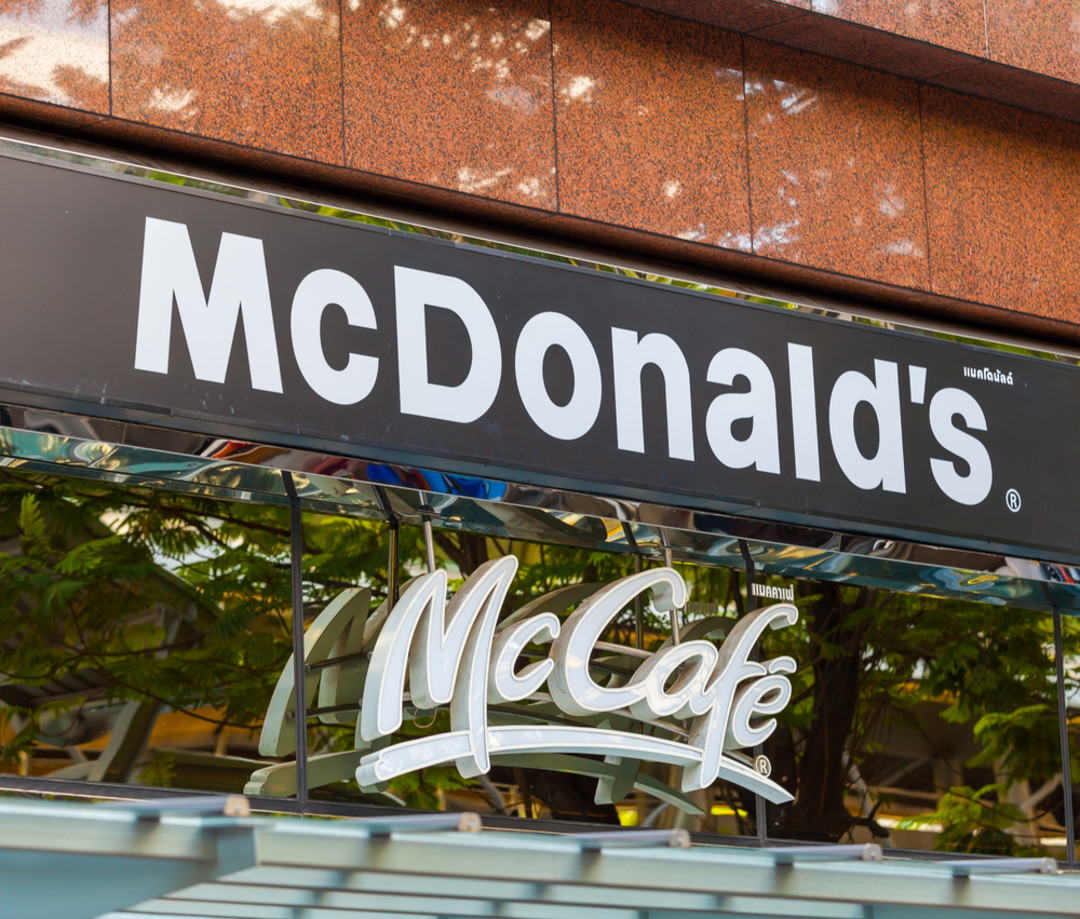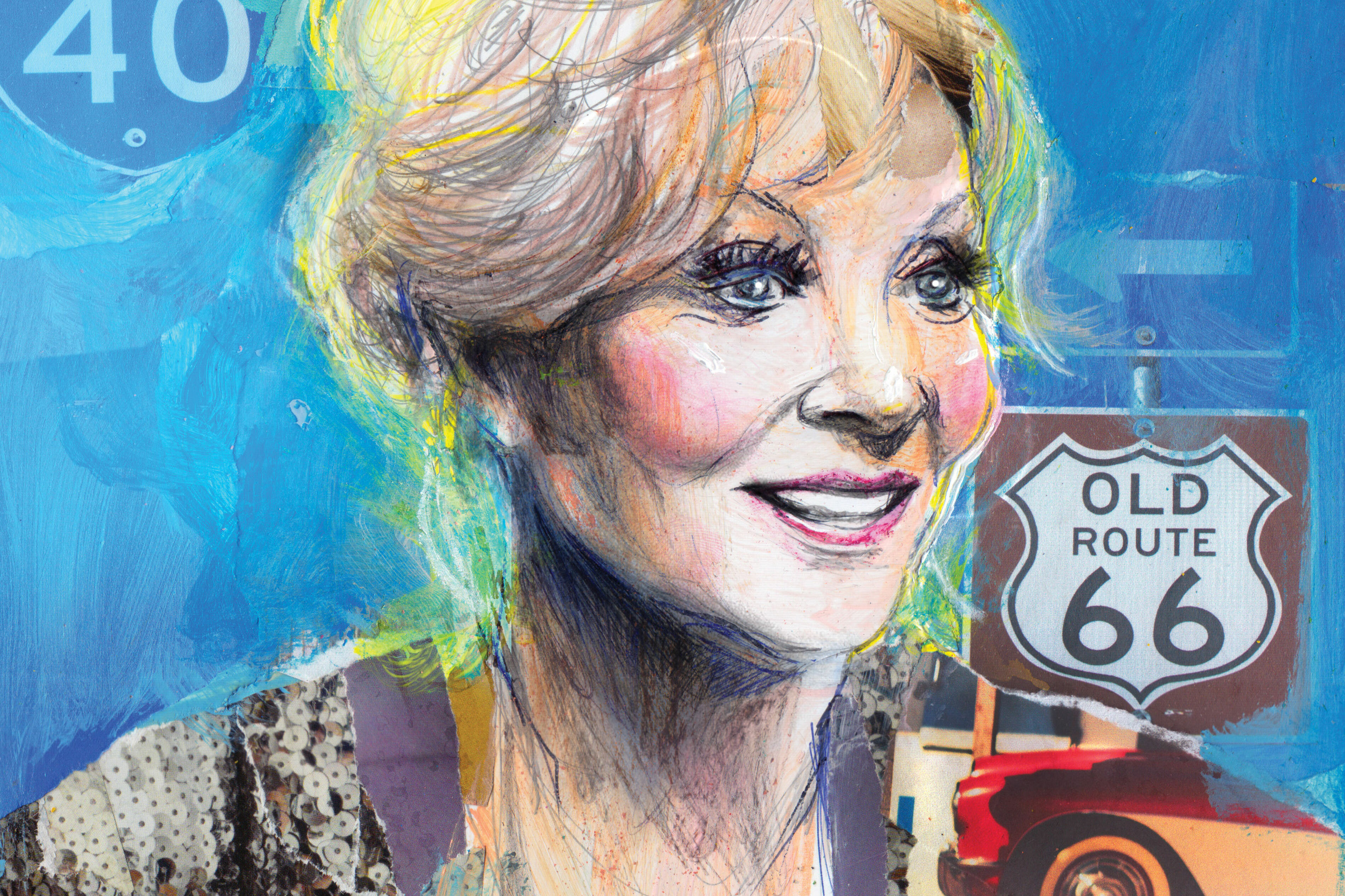Two Views on the Low-Wage Economy, Gambling Away the State's Credit Rating, and More

1. As the city council gets ready for what's expected to be a massive public hearing on the minimum wage at Town Hall this evening (6:00pm, 1119 8th Ave.), a story in Bloomberg News concludes that Washington state, which the highest minimum in the nation ($9.32 an hour) has continually enjoyed a higher rate of job growth than the rest of the nation—an average of 0.8 percent a year since the minimum wage was increased and indexed to inflation, compared to a 0.3 percent average nationwide.
Poverty in Washington has also been lower than the U.S. average for at least the past seven years, Bloomberg reports.
Why haven't dire predictions that a higher minimum wage will put employers out of business? One economist cited by Bloomberg says employers have other ways of absorbing higher costs than firing workers, such as price increases, savings from lower turnover, and accepting lower profits.
2. For a different perspective on fast food workers' wages, Pacific Standard magazine points out that the vast majority of fast-food outlets aren't owned by big corporations like McDonald's and Domino's; they're franchises, owned by small-business owners who "don’t enjoy the market powers and economies of scale of their parent companies." (Worldwide, franchisees operate about 80 percent of McDonald's restaurants, 95 percent of Burger Kings, and 100 percent of Subways)."Increasing the minimum wage is necessary to improve the station of fast-food workers, but so too is loosening the franchising straitjacket."
Profit margins for franchisees tend to hover in the single digits; corporate profits for the McDonald's corporation, in contrast, are around 20 percent. The corporation controls how much franchisees pay for raw materials, what hours they must operate, and what the outlet must look like.
"So, while fast-food strikers and franchisees have little love for each other—low-wage labor and cash-strapped management tend to regard each other with the opposite of solidarity—the two groups have more in common than they think," the magazine writes. "Both are being squeezed by the same absentee overlords. Increasing the minimum wage is necessary to improve the station of fast-food workers, but so too is loosening the franchising straitjacket."

3. The Olympian reports that Washington state treasurer Jim McIntire threw some cold water on a state house-approved plan to pay for new K-3 school classrooms using future lottery proceeds, writing a letter to Gov Jay Inslee arguing that the $700 million proposal would "likely increase the state’s overall cost of funds for other capital and transportation investments because it will be regarded by credit markets as a dramatic step away from Washington’s long history of strong financial management and fiscal responsibility by exceeding our debt limit."
McIntire said that to raise $700 million, the state would have to leverage lottery funds in a way that would bump its credit rating down to a Baa/BBB rating, which is at the lower level for investment-grade bonds and would mean higher interest rates.




